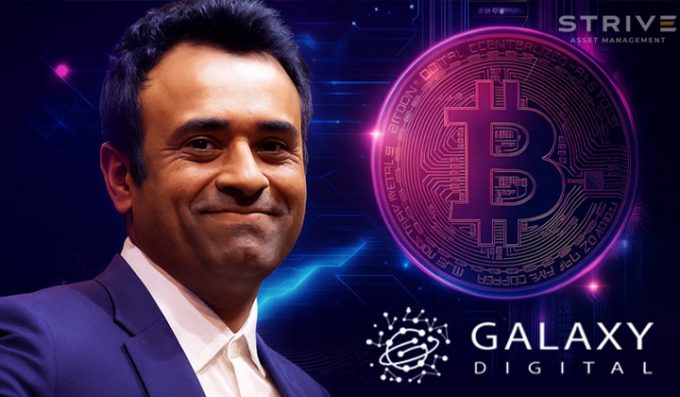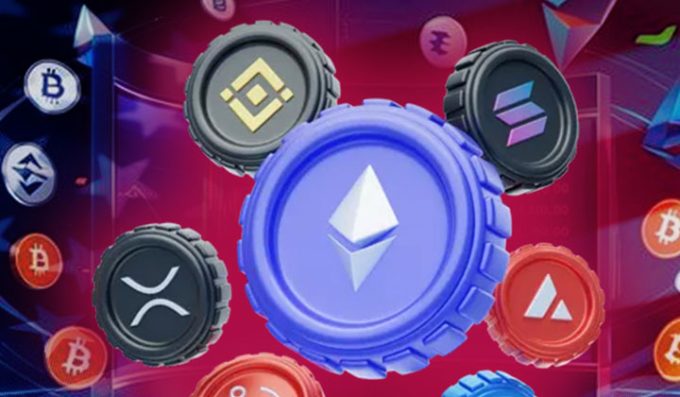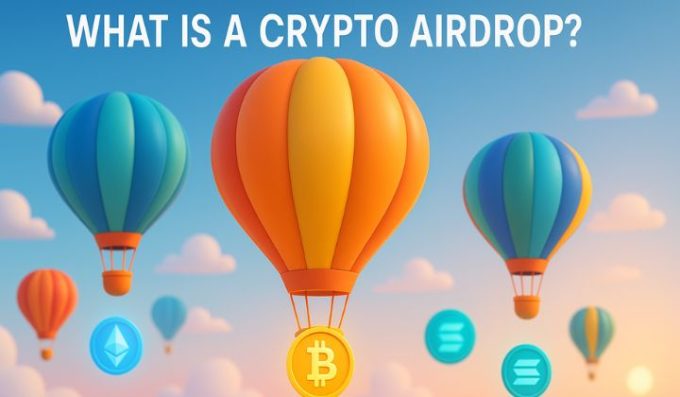Gaming has always been a popular form of entertainment worldwide, with people of all ages and backgrounds playing games to unwind and relax. However, with the advent of blockchain technology and the rise of Web3 gaming, the industry is undergoing a massive transformation that is revolutionizing the way people interact with games. Web3 gaming is built on blockchain technology, which enables players to own in-game assets and earns rewards in the form of cryptocurrencies. This is a significant departure from traditional gaming, where players do not own the items they acquire in games. They can only buy or earn items but not transfer or sell them, so their efforts are not adequately recognized or rewarded. On the other hand, in Web3 gaming, players own their in-game assets, and they can transfer or sell them, giving them a sense of control over their gaming experience.
Ownership is a powerful motivator, and people are more likely to put effort into something if they feel they own it. This is why the concept of ownership is so crucial in Web3 gaming. When players own their in-game assets, they are more likely to put effort into acquiring them, and they are also more likely to engage in the game for a longer duration. This is because they feel that their actions are being recognized and rewarded.
Moreover, ownership gives players a sense of pride, and when they own rare in-game items, they feel a sense of accomplishment. This sense of achievement is not limited to the game, and players can show off their rare in-game items to their friends and family, creating a sense of community and social status around the game. This fosters a sense of belonging to the game and the community, making it a more fulfilling and enjoyable experience.
Another benefit of ownership in Web3 gaming is that it leads to new business opportunities. For example, players can sell their in-game assets for cryptocurrencies, earning real-world rewards for their efforts in the game. This is a significant shift for the gaming industry because, in traditional gaming, players spend hours making in-game items but cannot monetize them. In Web3 gaming, players can monetize their efforts, creating a new business opportunity for players who can earn a living by playing games.
Furthermore, ownership also creates a fair playing field for all players, as the game rules are transparent, and the market determines the value of in-game items. This contrasts traditional gaming, where game developers have complete control over the game economy and can change the game’s rules or the value of in-game items at any time. Unfortunately, this often discourages players who have invested time and effort into the game.
However, one of the significant challenges of ownership in Web3 gaming is the system’s security. Although blockchain technology is secure, it is not immune to attacks, and hackers can steal in-game assets and cryptocurrencies from players. This can be a significant risk for players who have invested a lot of time and effort into the game. To mitigate this risk, game developers need to create a secure system that protects the assets and rewards of the players.
In conclusion, ownership is a crucial aspect of Web3 gaming, transforming the gaming industry. It gives players a sense of control, pride, and accomplishment, creating new business opportunities for players who can monetize their efforts. Moreover, ownership creates a fair playing field for all players and provides transparency to the game economy. However, the system’s security is a significant challenge that must be addressed to ensure players enjoy the full benefits of ownership in Web3 gaming. As Web3 gaming continues to evolve, ownership will remain a central element, driving the industry forward and changing how people interact with games.
You need to login in order to Like














